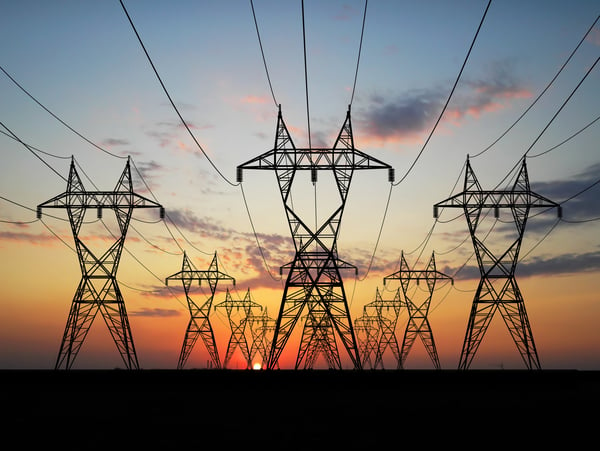Governors of PJM States Intensify Pressure on PJM for Reform
A bipartisan group of governors of PJM Interconnection (PJM) member states has intensified calls for reforming PJM after what they have described as a “crisis of confidence,” citing high electricity prices, interconnection delays, and lack of transparency and state participation in the RTO’s decision-making processes.

Interconnection Reform Critical to the Efficiency of Energy Markets
The U.S. power grid is undergoing a period of rapid change, with federal agencies such as the Department of Energy (DOE) and the Federal Energy Regulatory Commission (FERC) initiating programs and regulatory actions to address the integration of new generation and transmission resources. According to a recent DOE report, the U.S. grid is facing the retirement of 104 GW of firm capacity (generation that can operate continuously) by 2030, and the planned addition of 209 GW of new generation in the same period. The White House is concerned that the retirement of “baseload” power plants will impede President Trump’s economic goals; as such, press reports say that the administration is expected to issue new emergency orders preventing fossil fuel plants from retiring.

PJM Limits Renewable Energy Resource Capacity Values for Allocation of Capacity Interconnection Rights
On April 7, 2023, the U.S. Federal Energy Regulatory Commission (FERC) issued an Order Accepting Tariff Revisions Subject to Condition (183 FERC ¶ 61,009) approving a PJM Interconnection LLC (PJM) proposal to limit the power capacity values of wind, solar, and hybrid resources within PJM’s recently adopted grid reliability framework.


